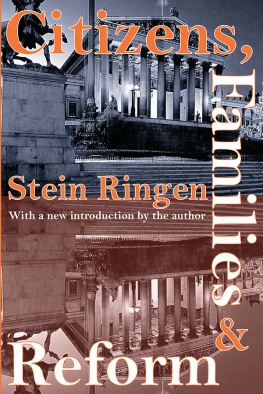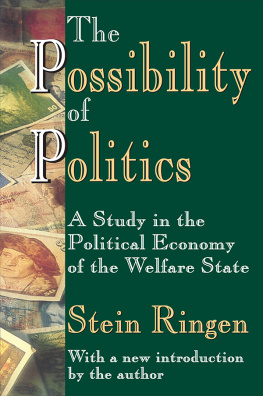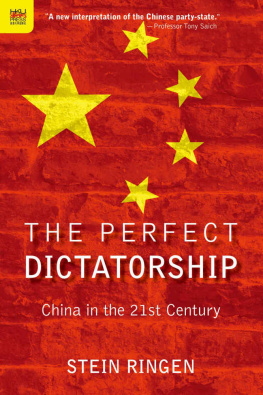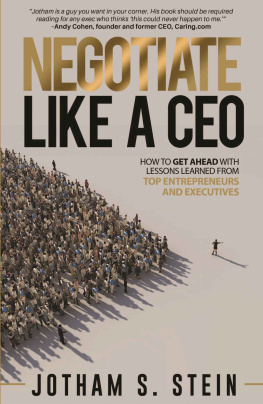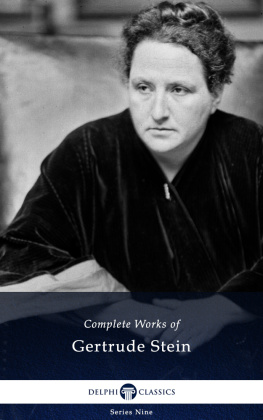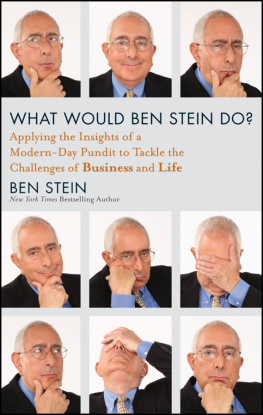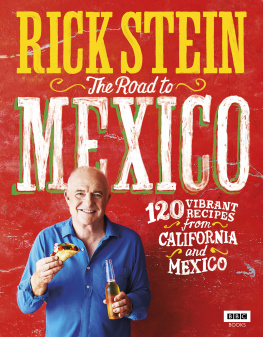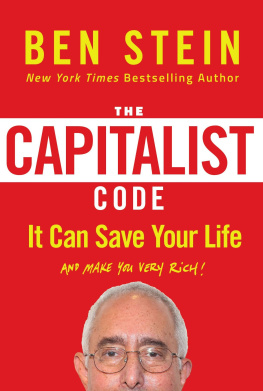Scientific Deliberation
The twentieth century made itself the century of social science. In the process it also produced what was, until close to its end, the authoritative answer to the question of what the social sciences are for. That answer was contained in the idea of scientific management: once we understand human behavior and organization well enough we can manage human affairs with scientific rationality.
For all the hopes that were invested in that idea, it finally proved itself a monstrosity. It paid too little attention to ordinary people. They are, it turned out, not simple cogs in the machinery of society who will be happy if only managed well. Far from it; they are wilful individuals, often with priorities different from those of their fellows, and usually capable of rationality on their own. Scientific management paid too much attention to extraordinary people, the custodians of scientific knowledge. They, the experts social engineers in the work place, psychologists in the family, economists in the economy, and the gentlemen of the central committee in governance were the ones who were going to do the managing.
The twentieth century was also the century of democracy. But while democracy prevailed, scientific management collapsed. Indeed, scientific management collapsed because democracy prevailed. The idea of democracy is that people should manage themselves because they know best how they want their affairs to be arranged. The idea of scientific management is that they should be managed by others who know more than they do. While still believed in, that idea contributed to many ills and failed experiments, such as taylorism, collective child rearing, euthanasia, central planning, autocracy, and dictatorship. As a result, scientific management has fallen into deserved disrepute.
That is all for the good, but it has left those of us who work in the social sciences with a bit of a hangover. If the idea that was, it must be confessed, our idea was disgraced and if the social sciences were capable of being dangerous, what then?
In 1990, I was invited to take up the newly created chair in sociology and social policy at Oxford University, its first chair in sociology. I used my inaugural lecture to make my contribution to the healing of our collective hangover. I am in no doubt that we are justified in defending our business as a scientific one. Nor about the importance of this business to modern life. But how should we make ourselves useful given that we want modern life to be lived democratically?
For my own answer to that question I took inspiration from an idea of restraint. Neither in politics nor in science no more than in love, family or friendship can we succeed for ourselves or be of use for others if we always insist on holding our ground. Scientific management was social science unrestrained, the social scientist as the arbiter of truth and wisdom. We social scientists have, I think, good reasons to be assertive about the contribution we can make towards order in society. My reason for saying that is not miles away from scientific management: there are some things we should know better than others. But there is also much we cannot know better than others and therefore we should offer our services in a spirit of restrained assertiveness.
My argument was essentially a democratic one. Since then, we have seen some important advances in democratic theory under the label of deliberative democracy. That enables me now to give the program I was suggesting then a proper name. It is diametrically opposed to scientific management, yet not miles apart. I call it scientific deliberation.
The theory of deliberative democracy says that rationality in collective decision-making and governance depends on more than the aggregation of preferences in elections and similar arrangements, it rests as well on the honing of those preferences through continuous processes of deliberation. What we want to do in those processes is to cut through the fog, identify the matters that really deserve disagreement and then try to work our way through to some kind of shared platform or reasonable compromise where we recognize the inevitability that there is no single compromise that is the best one for all concerned. Deliberative democracy is an eminently idealistic model of citizens of good will working earnestly with each other to make themselves enlightened and work their way through their inevitable differences in a civilized manner. It is the kind of idealism that appeals to someone like myself who believes that reason comes from restraint.
Productive deliberation depends crucially on information. Obviously, it depends on much moreeffort and honest good willbut information is essential. Although no sharp dividing line can be drawn between factual and moral questions, we are in a much better position to concentrate debate on the predominantly moral ones, which are the questions that deserve debate, if we know as much as possible about the predominantly factual ones. Information is obviously no less necessary in actual decision-making than in deliberations before and after decision-making, but the theory of deliberative democracy helps us to understand better the significance of informed democracy.
Informed democracy, in turn, depends on conditions of its own. A first one is that citizens have access to the best quality of relevant information. For that they should turn to the scientists; science is not omni-knowledgeable nor infallible but the scientific method is the best we have. The scientists, therefore, have the capacity to be of service by contributing to clearing away the fog of ignorance. A second condition is that information be free and not under the control of parties or interests who might use it manipulatively. The scientists, therefore, have a duty, in this regard, to inform democracy objectively.


